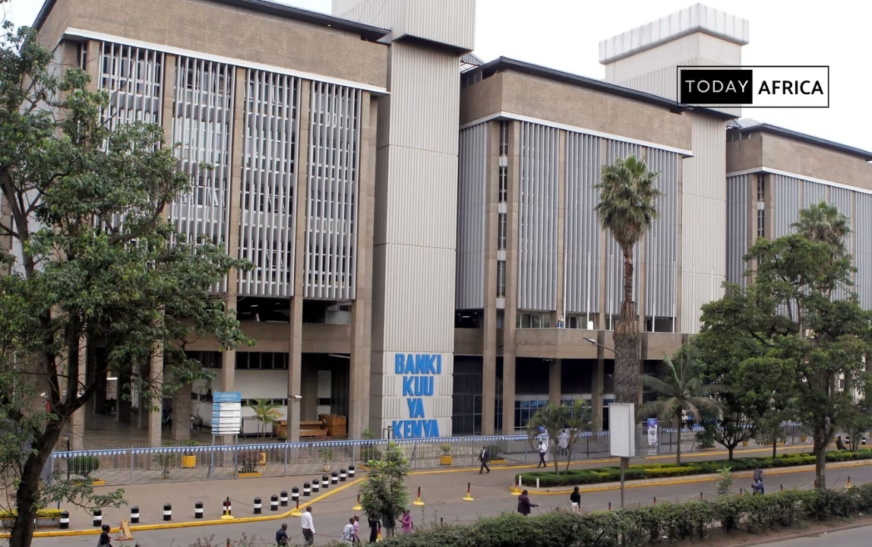Kenya’s central bank to licence non-bank lenders with loan books exceeding $155,000, which will set for its biggest shake-up in Kenya’s credit market. Preparing rules that would bring every non-deposit-taking lender under its direct control for the first time.
The proposed regulations will require any credit-only provider with at least KES 20 million ($155,000) in capital, borrowings, or loan book to obtain a CBK licence.
Smaller players will still need to register with the regulator, creating a two-tier system to close regulatory gaps that left parts of the industry largely unchecked.
Once the rules are gazetted, players will have six months to comply, a short runway for an industry about to come under far closer scrutiny.
This move will affect lenders operating outside CBK oversight, including buy-now-pay-later firms, hire purchase businesses, credit guarantors, peer-to-peer platforms, and pay-as-you-go operators.
The new regime would set baseline standards for lending operations, price loans, handle customer data, and resolve complaints, areas that have, until now, relied more on self-policing than formal rules.
Under the draft framework, firms seeking a full licence will face detailed disclosure requirements. These include corporate and ownership records, sources of capital, consumer protection measures, anti-money laundering controls, pricing models, and technology systems.
They must also submit policies on credit risk, data security, and complaint handling, alongside proof that their funds are legitimate and not linked to criminal activity.
Registered firms below the KES 20 million ($155,000) threshold will undergo a lighter process, but must still provide key corporate, policy, and governance documents.
See Also: Ethiopian birr hits record low against the dollar
Once they cross the threshold, either by raising more capital, borrowing, or growing their loan book, they must convert their registration into a full licence. CBK will monitor for under-reporting of capital and can compel a fast upgrade if it sees rapid growth or incomplete disclosures.
The existing 126 licenced digital credit providers won’t need to reapply. Another 574, still awaiting approval, will have their applications assessed under the new rules
The regulations are designed to standardise consumer protections across all credit-only providers. Lenders must sign and follow a code of conduct covering fairness and transparency.
The CBK’s wider mandate, granted through amendments to the Business Laws (Amendment) Act 2024, is part of Governor Kamau Thugge’s push to bring consistency to a sector where borrowers face varied practices and opaque pricing.
Leave a comment and follow us on social media for more tips:
- Facebook: Today Africa
- Instagram: Today Africa
- Twitter: Today Africa
- LinkedIn: Today Africa
- YouTube: Today Africa Studio
















